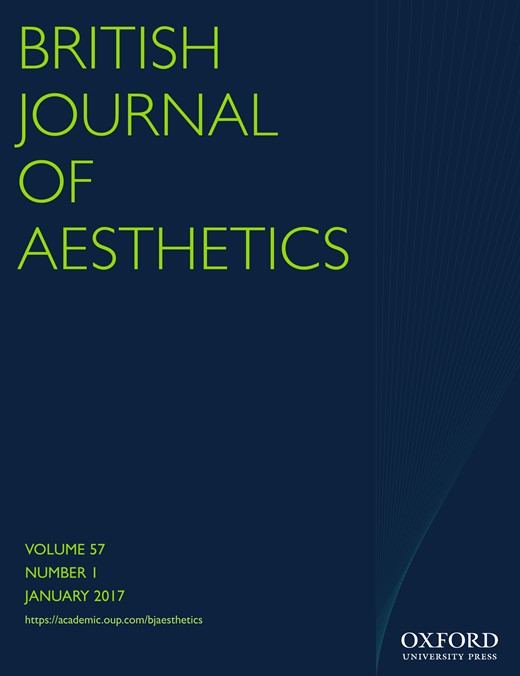-
Views
-
Cite
Cite
Kalle Puolakka, Musical Quotations and Shostakovich’s Secret: A Response to Kivy, The British Journal of Aesthetics, Volume 57, Issue 1, 1 January 2017, Pages 37–50, https://doi.org/10.1093/aesthj/ayw085
Close - Share Icon Share
Abstract
Peter Kivy has argued that scholars of the music of Dimitri Shostakovich are misguided when they make interpretations that attribute complex extra-musical content to works of his that bear no indications of such content, such as a title or an explicitly announced programme. Upon Kivy’s account, such works should rather be approached in terms of absolute music. In this paper, I show some decisive weaknesses in this critique. Drawing on the relevant philosophical literature, I examine Shostakovich’s use of musical quotations—an essential feature of his compositions that Kivy ignores—and the significant role these play in constructing the extra-musical content of his works. Relying, in part, on recent research on authorial intentions, I also argue that the criteria Kivy presents for the reclassification of, seeming cases of, absolute music music as programme music is too strict. Such reclassifications need not be accompanied by an explanation as to why the composer has not provided any direct public indication of the content of the work, as Kivy insists.




